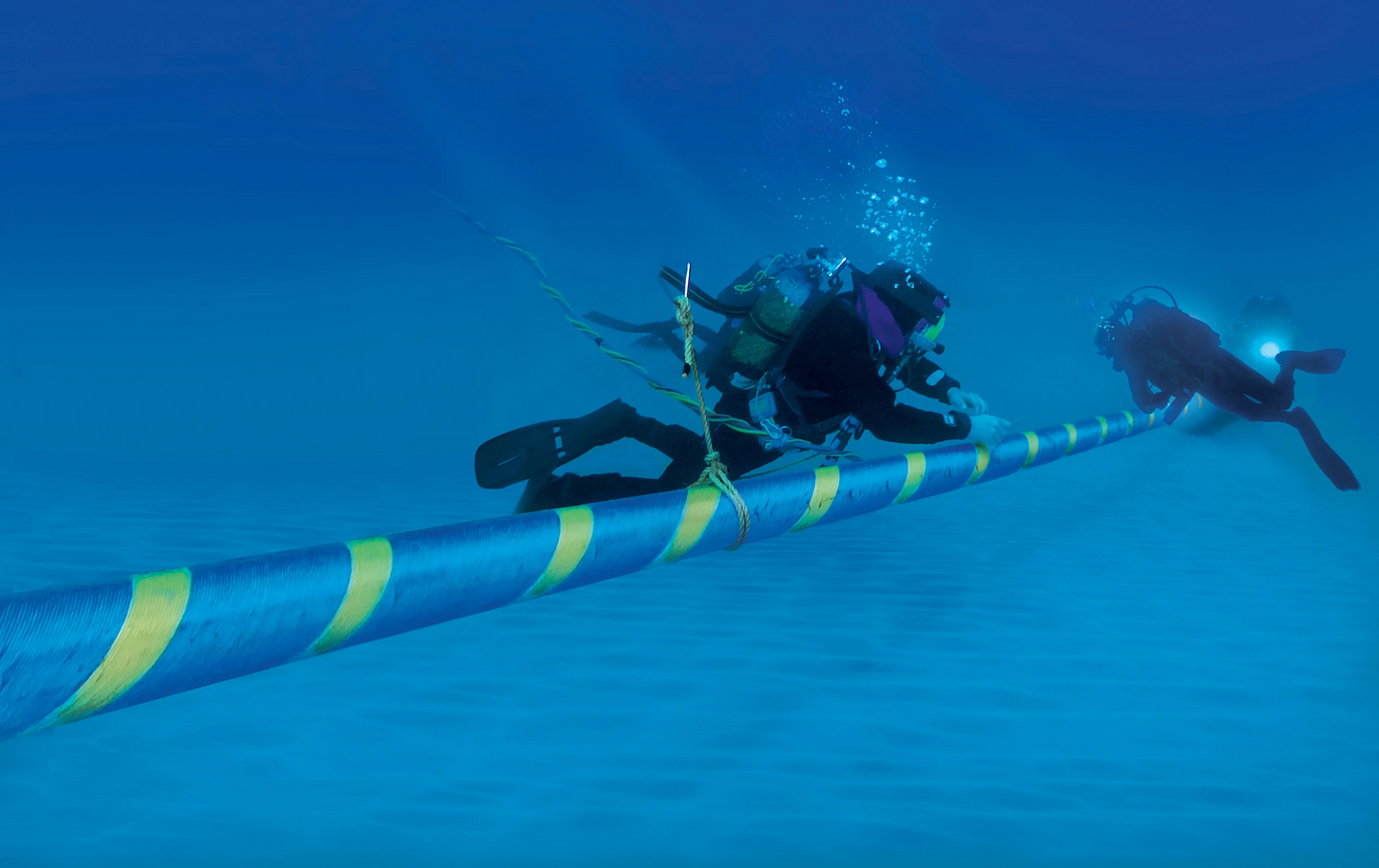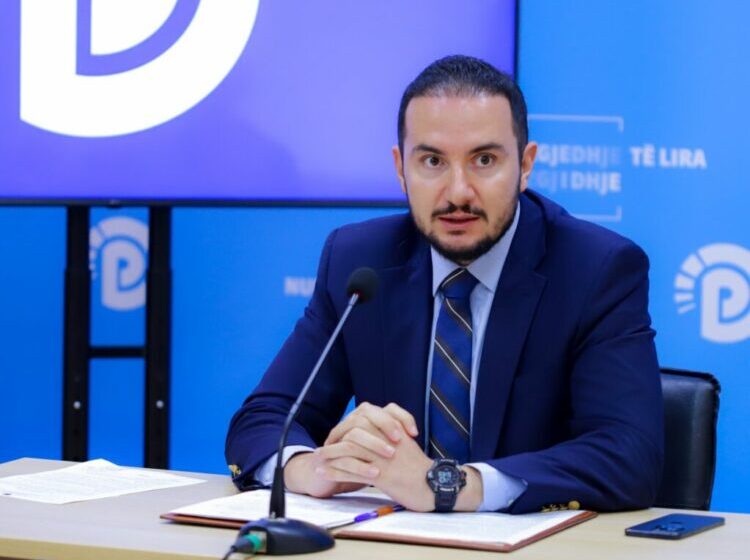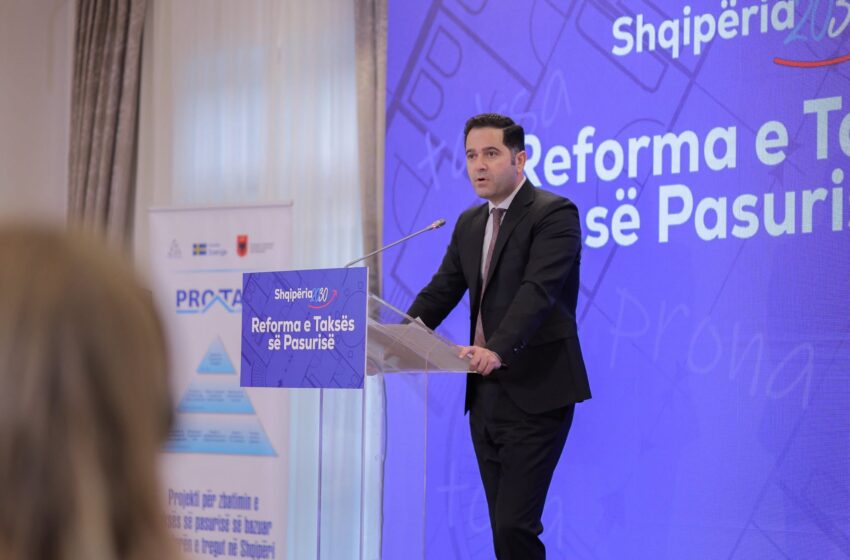Albania’s energy market to link with Italy through an underwater energy cable

Albania is embarking on a transformative energy project with the construction of an underwater power cable connecting it to Italy, a landmark development in the country’s energy and economic strategy. The agreement, signed on January 15, 2025, in the United Arab Emirates, brings together Albania, Italy, and the UAE in a 1 billion Euros investment aimed at boosting Albania’s renewable energy exports. This project will connect Vlora to Italy’s Puglia region, solidifying Albania’s role as a critical energy hub in the Western Balkans. By providing access to Europe’s lucrative energy markets, it aligns with Albania’s ambition to become a net energy exporter by 2030 while strengthening its geostrategic standing.
Why does it matter: This project goes beyond infrastructure; it represents a strategic leap for Albania, enabling the country to leverage its renewable energy capacity on a larger scale. This link to Italy strengthens Albania’s energy security, attracts foreign investment in green energy, and aligns with the EU’s Green Agenda. It also underscores Albania’s role in addressing Europe’s growing demand for renewable energy, making the country a vital partner in regional and continental energy policies.
The underwater power cable has significant implications for Albania’s energy landscape. It will enable Albania to capitalize on its renewable energy production, which already accounts for almost all of its domestic electricity generation, primarily from hydropower. While hydropower remains the backbone of the country’s energy sector, Albania has been actively diversifying into solar and wind energy, with large-scale projects such as the Karavasta solar park and new wind farms. These investments are expected to stabilize energy production, ensuring consistent exports to Italy and other European markets.
Albania’s interconnection with Italy is also a step toward greater integration into the European energy market. Italy will become the fifth country Albania connects with via cross-border electricity infrastructure, following Kosovo, Montenegro, Greece, and North Macedonia. This growing network enhances regional energy security and Albania’s importance as a transit hub for clean energy.
Once completed, the cable is expected to have a transmission capacity of up to 1,000 MW. This capacity will allow Albania to utilize its renewable energy production, particularly from hydropower, which accounts for nearly all of the country’s electricity generation. Albania’s annual electricity production from hydropower typically fluctuates between 4,000 and 5,000 GWh, making this interconnection essential for managing surplus energy effectively.
Moreover, the partnership with Italy and the UAE highlights the international confidence in Albania’s energy potential. The involvement of the UAE’s Taqa and Italy’s Terna not only brings financial resources but also technical expertise, enhancing the project’s viability and impact.
The agreement also underscores Albania’s growing geostrategic importance in the energy sector. The Adriatic cable not only connects Albania to the EU energy market but also establishes the country as a transit point for renewable energy in the Western Balkans. This role is further emphasized by Albania’s ongoing collaboration with international partners to develop energy infrastructure that meets European standards.


